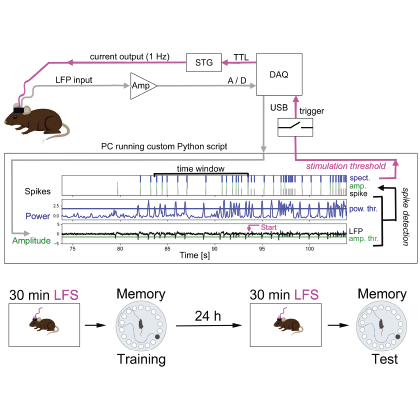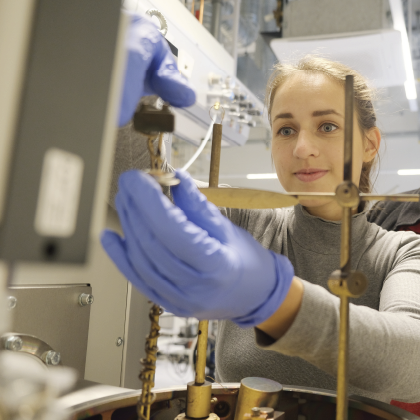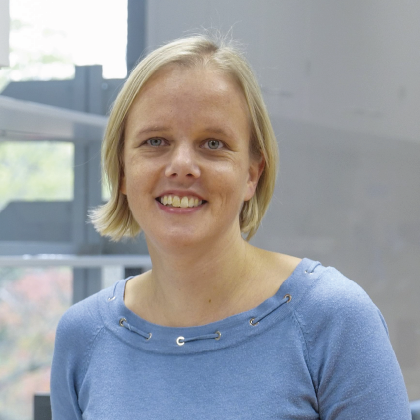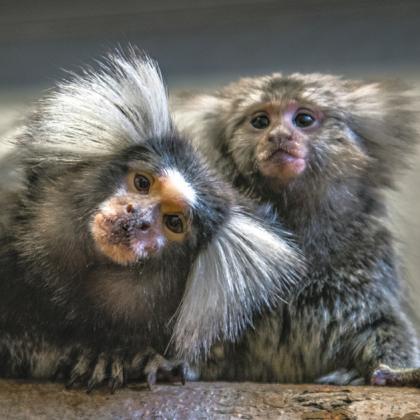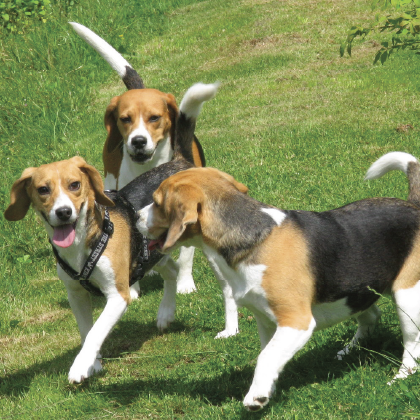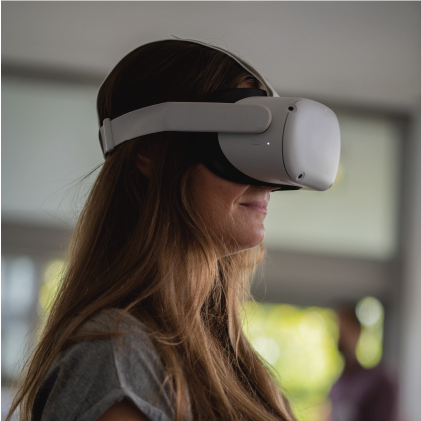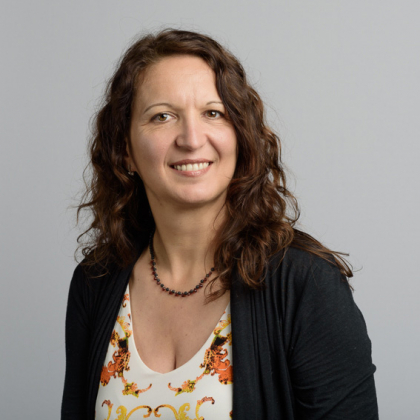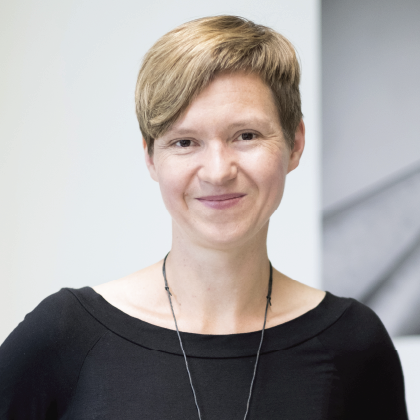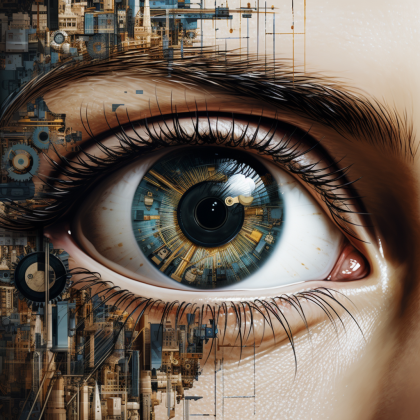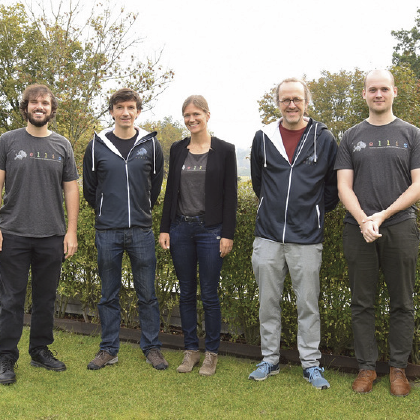Bernstein Network News. Find the latest news from our researchers regarding current research results, new research projects and initiatives as well as awards and prizes.
Innovative approach for treatment-resistant epilepsy
New stimulation method shows success in controlling focal epileptic seizures in animal models
Towards energy-efficient brain-like computers
Researchers from Kiel identify key mechanisms and novel materials for biologically inspired information processing.
The NeuroDevFunc project: Discovering how fruit flies process visual motion generated by self-movement
Researchers at the Faculty of Biology at Mainz University and their French partners receive financing from ANR and DFG for joint projects
A gene-powered journey into the primate brain
The Leibniz Collaborative Excellence Program awards a one million Euro grant to the PRIMADIS project
Forschungsrealität verzerrt dargestellt
This article is available in German only.
Die Initiative Tierversuche verstehen hat die jüngste Sendung „45 Minuten – Das Schicksal der Laborhunde“ vom 20. November einem Faktencheck unterzogen und ist auf eine voreingenommene Darstellung mit einer Vielzahl von falschen Behauptungen und Unterstellungen gestoßen. So wird ein künstlich hergestelltes Foto als „nachgestellt“ deklariert, angebliche Verhaltensauffälligkeiten der Tiere verzerrt dargestellt und Informationen für eine ausgewogene Auseinandersetzung mit dem Thema ignoriert. Im Beitrag „Illegale Tierversuche – Massive Verstöße in deutschen Versuchslaboren“ auf Tagesschau.de werden die Inhalte wiederholt. Mehrere Forschende und Tierpfleger:innen kündigten gegen den TV-Beitrag Programmbeschwerden an.
When we feel things that are not there
The discovery of the phantom touch illusion provides insights into human perception and opens up new perspectives for interaction with virtual reality technology.
ERC Synergy Grant – SWIMS project: Transforming IoT Sensory Systems for a Sustainable Future
The European Research Council has announced today that the project SWIMS, Stochastic Spiking Wireless Multimodal Sensory Systems, will be funded with 13.5M Euros under the Synergy program. SWIMS is revolutionizing the landscape of smart wireless multimodal sensory systems. By embracing bio-inspired design principles, SWIMS is reshaping hardware to achieve exceptional energy efficiency, particularly in event detection and communication.
Following your own scientific interests
Susanne Schreiber, Professor of Theoretical Neurophysiology, receives the Caroline von Humboldt Professorship
Eye movement: innovation in visual perception training
LMU researchers develop new approach to improve the training of vision.
First Principal Investigators join the ELLIS Institute Tübingen gGmbH as Hector Endowed Fellows
After the launch in July 2023, the ELLIS Institute Tübingen is growing, with the first Principal Investigators joining the Institute as Hector Endowed Fellows in the fall of 2023.



